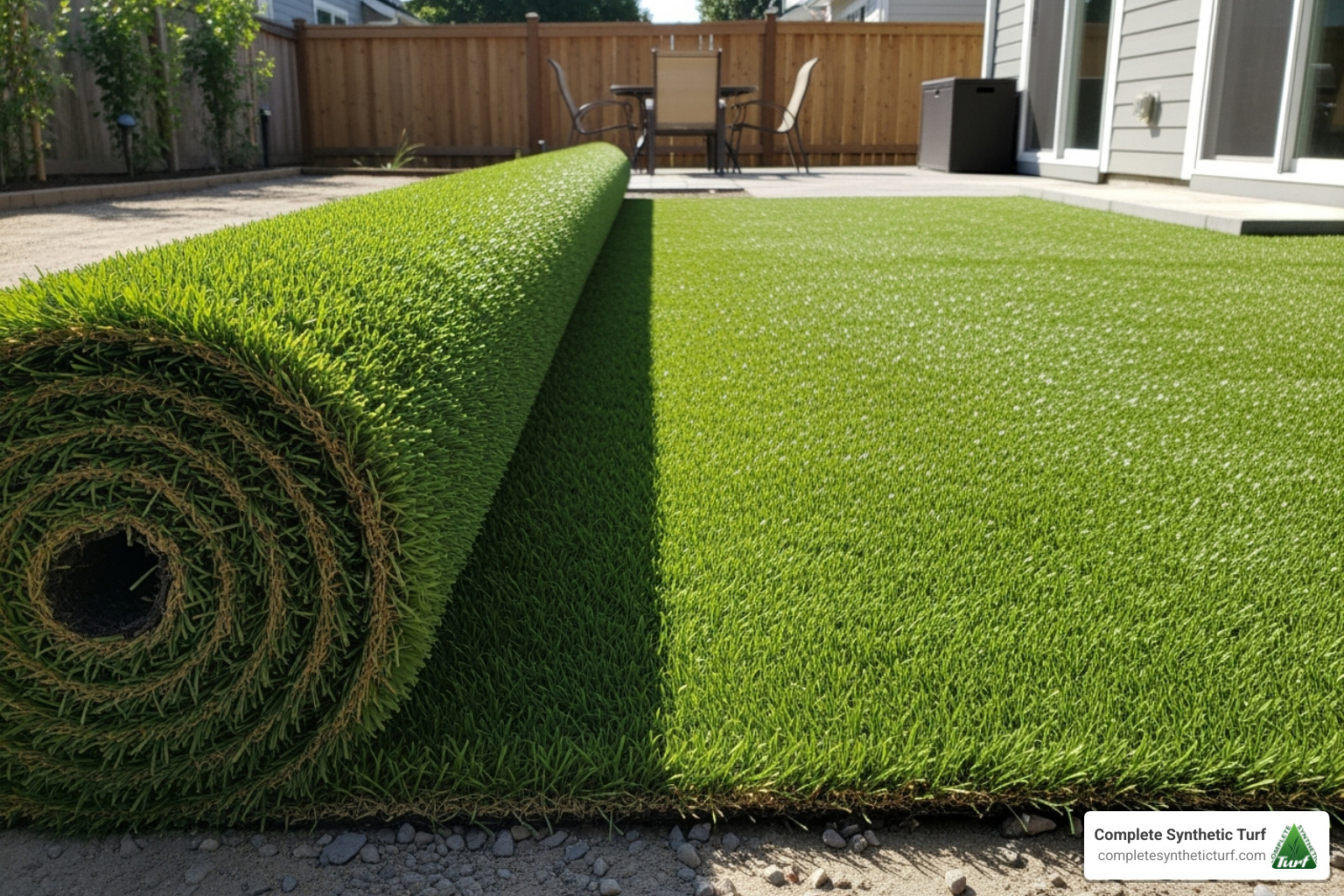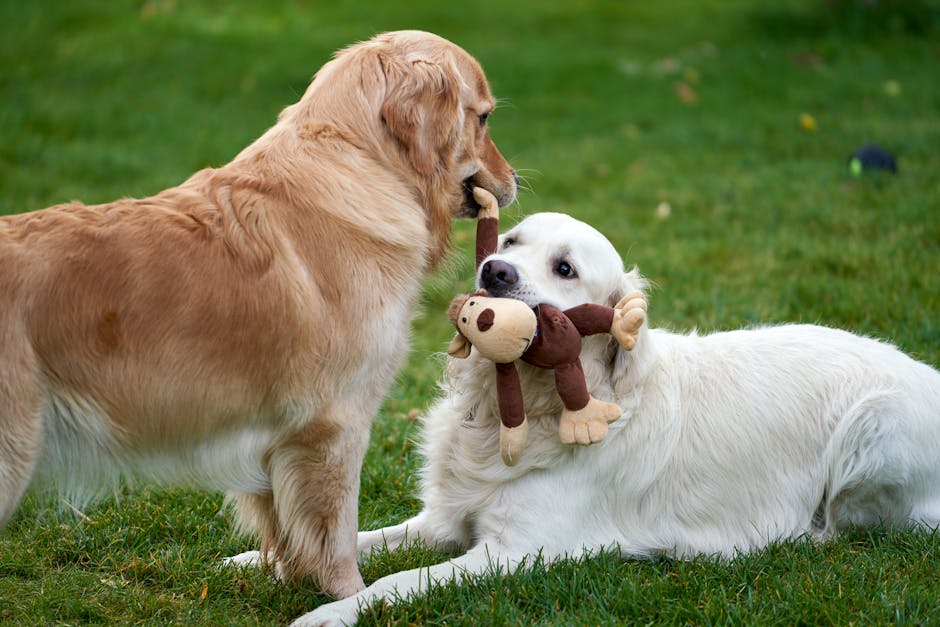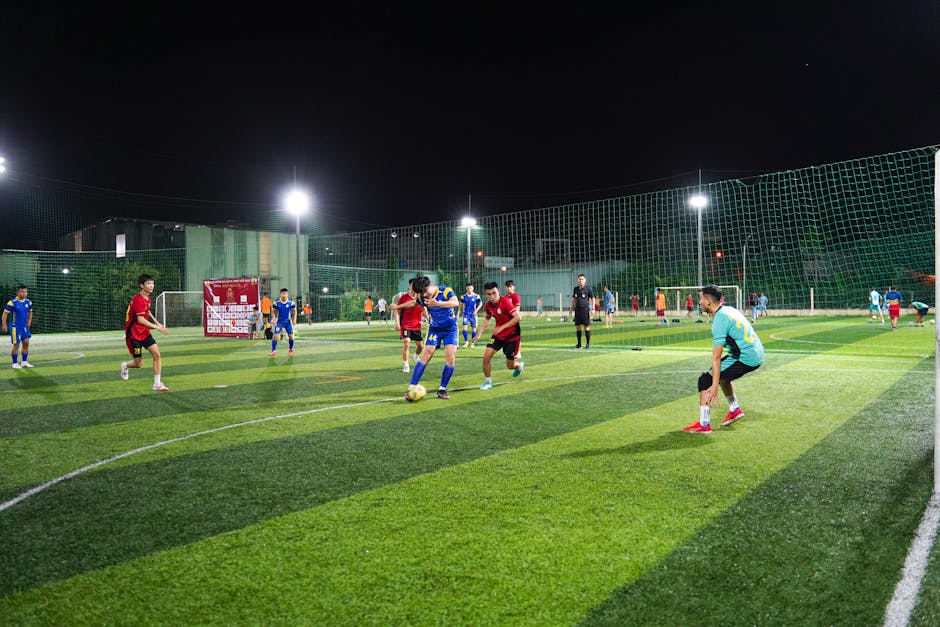While synthetic turf is extremely durable, and will hold up for years, there are a few things that can damage synthetic turf. It’s important to know how to protect your investment and know what dangers exist to prevent accidental damage.

Heat protection
Synthetic grass is made from various plastic polymers, which can flame up and burn in a traditional sense, but can also melt when exposed to extreme heat. When considering other elements of your backyard – if you keep a grill or fire pit in your yard, you’ll want to make sure you have a hardscape surface for them to sit on so that you don’t accidentally burn your lawn. Coals can pop and send embers into your grass, and causing damage.
Similarly, ashes from cigarette or cigars, and sparks from fireworks can also damage your lawn. If you have a lot of direct light on your home, light reflected from a window can cause a burn. Look for signs of this around your home and consider a way to shield that part of your house, even if it’s only during the time of day when the sun hits that spot directly. An awning or other landscape focal point, like a trellis or arbor can help redirect that light from a window to prevent indirect light hit your turf in a way that’s not good for it.

Spills
While turf is easy to clean, you want to be sure that caustic chemicals that are found in many petroleum-based products don’t come near your grass. These types of products can dissolve the grass blades and oil-based paints can soak deep into the bottom layers of the turf, making it almost impossible to remove. Acrylic and water-based paints are more forgiving and can be rinsed off if caught right away.
It’s not just oil-based paints you need to worry about – oils used in tiki torches are flammable and can pose a potential fire hazard if spilled into your turf grass. Be sure to fill up torches and paints far enough away from your grass.

Sharp Items
Certain garden tools and knives can cut through the materials used to construct synthetic grass. Damage such as this is difficult and costly to repair. If your prepping food, be sure to work away from the lawn so sharp grilling objects aren’t susceptible to dropping in your grass and causing damage. When gardening, carefully set tools down or on a towel or other piece of fabric to protect your lawn.
While synthetic grass is super tough and requires nearly no regular maintenance, the key to ensuring it lasts a long life is to learn what causes damage and take steps to prevent it from occurring!
Some guests may not be aware of how their actions could impact your synthetic turf – a quick “word to the wise” when they arrive will protect your lawn and save them from a potential blunder.
Call us to start the process and let our team help design the perfect spot for your needs!



